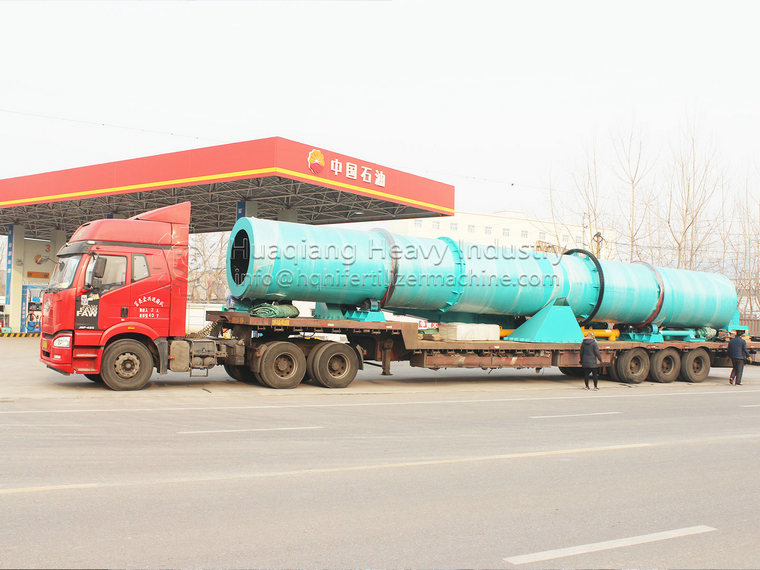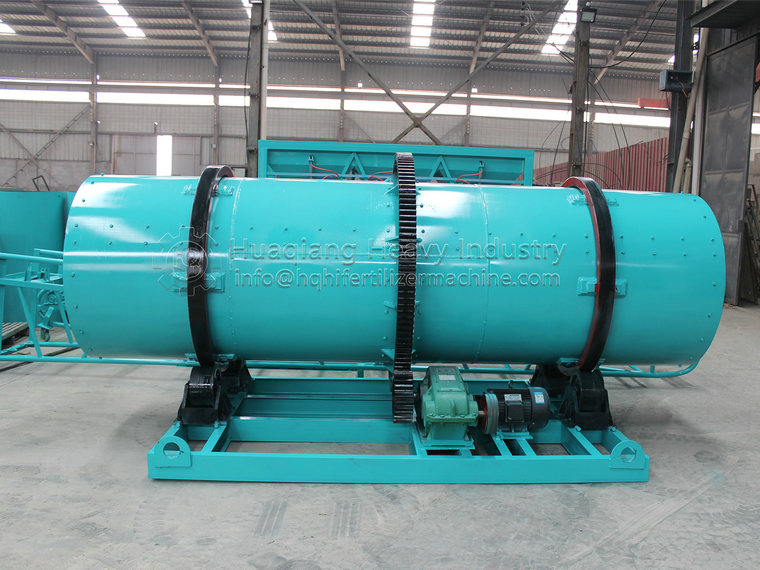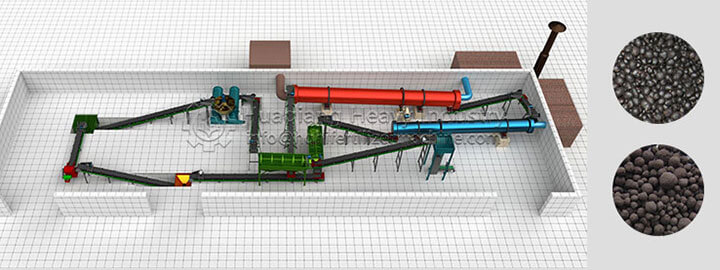Chicken manure is a commonly used organic fertilizer, which is widely used in agricultural production due to its rich nutritional content and microorganisms. The nutrients in chicken manure mainly include nitrogen, phosphorus, potassium, etc., which play important roles in soil and crop growth. However, if chicken manure is left for too long, its fertilizer efficiency will be significantly reduced, and even lose its utilization value. Therefore, in order to ensure the fertilizer efficiency and quality of chicken manure, it is recommended to process and utilize it as soon as possible after collection and stacking to avoid prolonged storage time. For farmers, a simple composting method can be adopted by mixing chicken manure with other organic substances, promoting decomposition and fermentation through flipping and ventilation, and applying it to the soil as early as possible. For larger scale breeding plants or processing enterprises, more advanced organic fertilizer production line processes and equipment can be adopted, such as flippers, fermentation tanks, crushers, screening machines, etc., to improve the efficiency and quality of chicken manure treatment.
The complete set of chicken manure organic fertilizer production equipment includes the following parts:
1. Discharge system: used to transport raw materials (such as animal manure, straw, etc.) from the storage pile to the equipment for the next processing step.
2. Crushing system: Use an organic fertilizer crusher to preliminarily crush the raw materials, making them easy for subsequent processing and fermentation.
3. Mixing system: Mixing different types of raw materials to achieve optimal fermentation conditions, usually requiring the use of weighing equipment to control the proportion of each raw material.
4. Fermentation system: The mixed raw materials are fermented in a fermentation tank, usually requiring control of temperature, humidity and other parameters to accelerate the fermentation process.
5. Flipping system: The fermented organic fertilizer is flipped using an organic fertilizer flipping machine to increase aeration and improve fermentation efficiency.
6. Drying system: Used to dry organic fertilizers that have already been fermented, usually using equipment such as rotary dryers or belt dryers.
7. Packaging system: Packaging dried organic fertilizers for sale or storage.
The above is the main equipment involved in a basic organic fertilizer production process. The specific types and scales of equipment can be selected and customized according to actual needs.


.jpg)



.jpg)

.jpg)